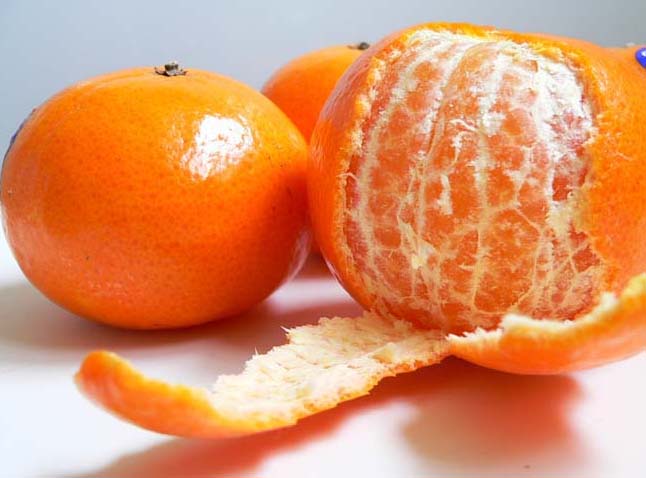Iran has lifted a ban on imports of kinnow from Pakistan after Iranian President Hassan Rohani’s arrival in Islamabad on Tuesday to attend the Economic Cooperation Organization (ECO) summit on March 1. The neighbouring country has, however, imposed conditions of restricting the imports to come through land routes.
The Pakistani embassy in Tehran, through a letter, has informed the Ministry of Commerce in Pakistan that Iran has lifted the ban on imports of kinnow for only 21 days leading up to April 20. According to the letter, imports would be restricted to its Sistan and Baluchestan province which borders Pakistan’s Balochistan, and are still not allowed via air or sea routes.
Reacting to the fresh development, Waheed Ahmed, patron in chief of Pakistan Fruit and Vegetables Exporters, Importers, and Merchants Association (PFVA) said that though the exporters would try their best to tap the opportunity, they would be limited as the ban’s lift comes at a time when Pakistan’s kinnow season is in its closing phase. He said that the restriction has been lifted by Iran after six years.
According to Ahmed, the land routes-only condition will limit the export to 5,000-10,000 tonnes. The facility, he said is contradictory to the fact that Pakistani markets remain flooded by Iranian products throughout the year whether illegally smuggled or legally imported.
Despite repeated requests, authorities in Pakistan have not taken up the issue of the ban on Pakistani products in Iran, with the Iranian government depriving Pakistani exporters of over 70,000 tonnes per season.
Waheed, who is also the chairman of the standing committee of the Federation of Pakistan Chambers of Commerce and Industry (FPCCI) on fruit and vegetable exports, has appealed to the Iranian government to lift the ban on sea and air cargo and allowing it exports of kinnow to other cities of the neighbouring country.
Pakistan has so far exported 250,000 tons kInnow to countries around the world this year, he added.
























